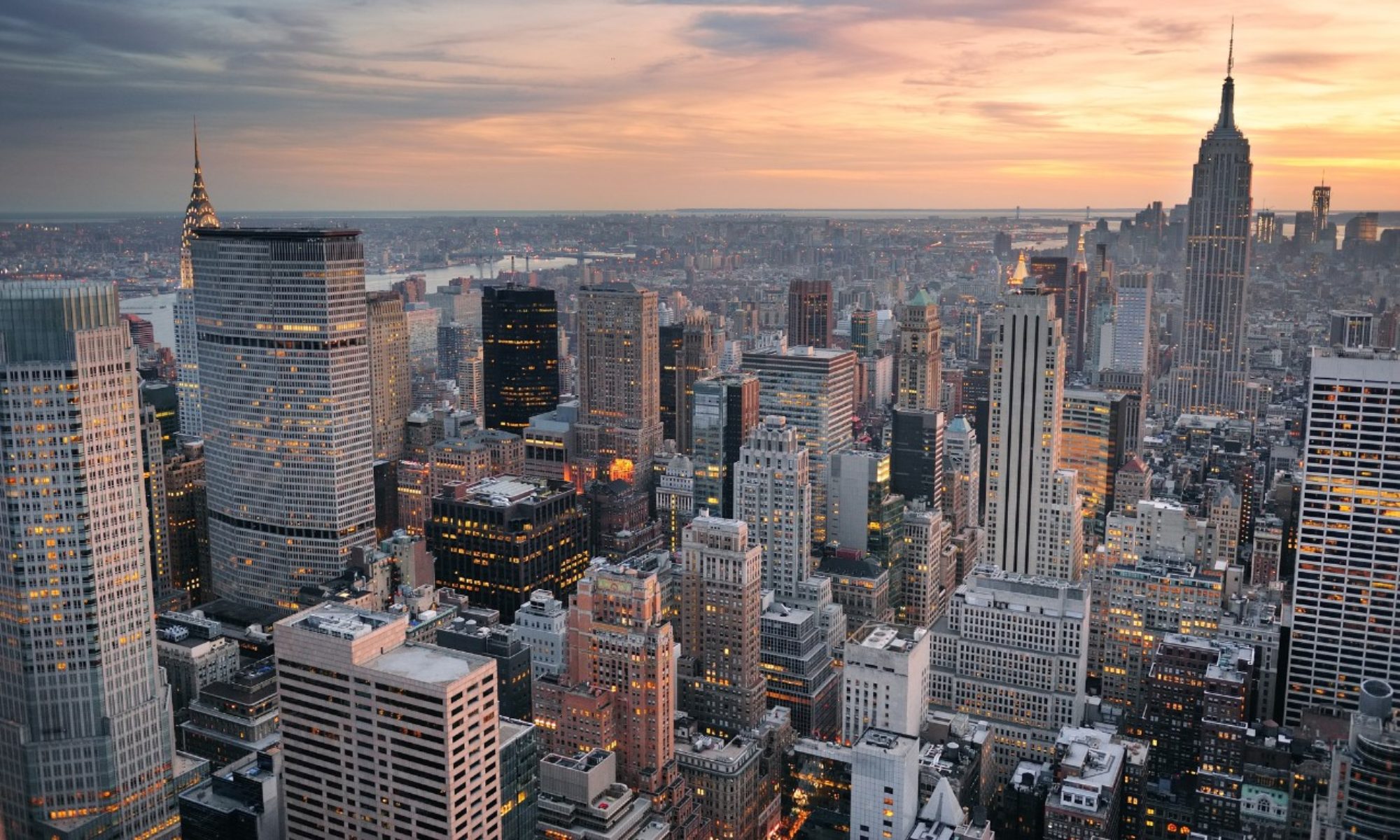Politics, political campaigns, and public figures dominate daily news coverage. We read of accomplishments some days and scandal on other days. We hear promises from many of those who seek public office and many who are elected about what they intend to accomplish for the people. And we see the once respected, admired and even loved fall from grace, and then from public view frequently with scandalous headlines.
By the noise political campaigns create through advertising on television and the direct mail jamming our mailboxes you’d think the need to vote would dominate every life, every day, every moment before elections. But it doesn’t. The joke today is that pundits are calling the recent New York City municipal elections a great victory for increased voter turn-outs. Yes, more New Yorkers voted at least for Mayor than in the last several elections. Not more than an additional two percent of total possible voter turn-out. So why the celebration? You got me.
The New York City taxpayer funded public financing system is rightfully hailed by some as the best in the nation. Those in support of this reform said it would cut the power of special interest dollars and make those elected more responsive to the public, not to the powerful and the permanent government. In fact, the total amount of unregulated money expended in the recently held Democratic Party primary elections might never be accurately calculated. Millions were spent by the powerful using independent campaign activities to influence election outcomes. Then there’s the voter enacted ranked choice voting system which one of its advocates said would ensure there would be “no wasted votes.” Wasted by who?
The problem is always the same. What people call reform always has an upper-class bias. That’s political science 101. And reform is often a way to reduce conflict. And conflict is what makes democracy, democracy. When you hear noise, loud discussion, and public fights about issues, you have democracy. The alternative? So-called reforms tending to benefit the few and which continue to allow the rich, the powerful, and special interests to have more than their appropriate share of influence. It’s the we who know better and best versus the people whose calloused hands actually make the city work. Nothing new here. Reform won’t change it.
The battle in New York politics tends to be the same. People are fighting in elections with their votes for their fair share of resources from government. Voting shows power and defines the battle lines. Communities voting in blocks with strength in numbers force the powerful–and those who make decisions about who gets what–to pay attention. Exactly what elite reformers don’t want.
In New York City the prescription for power is for outer-borough–non-Manhattanites–to vote with intensity, to appear at voting sites on all election days in large numbers which is exactly what the permanent government doesn’t want. It’s especially important for non-Manhattan located business operators to help create those kinds of turn-outs. That will create power and will help local elected officials bring home the services deserved. Power means they have to deal with you. It means an end to begging for what you rightfully deserve–if you don’t live in the City’s more elite communities where reform talk has no cost.
Democracy requires votes. And lots of them. The response ought to be a fair share of services. The hope is that political figures respond to the people who vote to elect them, not the people who define citywide public opinion and have the ability to write checks with big zeros.
Local businesses need voters. The dreams for clean safe streets, and excellent schools and a government of elected officials who might fear losing their offices if they can’t or won’t deliver begins with a vote. Your vote. No so called reform will ever change that fact.
By Hank Sheinkopf
